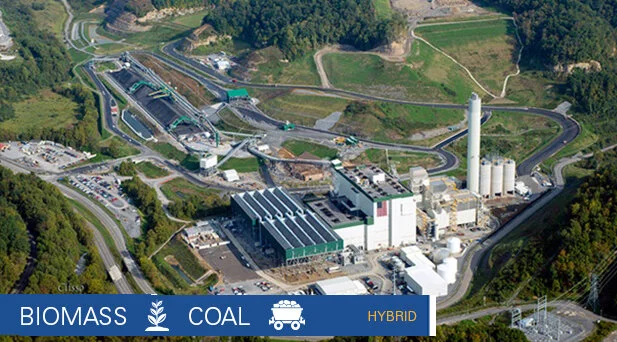Virginia Beach and Afghanistan
Written for Bacon’s Rebellion by James C. Sherlock
It was never a Navy war.
But in this Navy town, it was brought literally home to us again and again. We are home to nearly half of the Navy SEALs, including SEAL Team 6.
Something like 4,000 to 5,000 total plus their families.
SEALs are America’s special operations forces specially trained for undersea, coastal, river and swamp operations. They train on our beaches, in our swamps, bays and ocean. Some of us can hear their live gunfire at night.
Folks in the Navy flight paths hear big transports take off at 4:00 in the morning, guess that’s them going God knows where, wish them well, and try to go back to sleep.
About 15 years ago, I went through physical rehab in a civilian facility here with one of them, a Chief Petty Officer who you would not have recognized as a sailor. He and I were there for different types of injuries.
I was retired and rehabbing a knee operated on for arthritis. He was rehabbing muscle damage from a bullet wound. Affected his trigger finger.
I wanted to get back to golf. He wanted to return to combat. The minute he re-qualified to SEAL standards as a shooter he left rehab. We, sailors both, had talked a lot. Very smart, respectful and interesting man. Never saw him again.
Some of us know a few of our SEALs mostly for regular reasons like kids in the same schools, teachers who have their kids in classes, church events, neighbors.
We understood why they deployed again and again to landlocked Afghanistan. That is where Americans were fighting. And that is what they do. Some individual SEALs deployed there a dozen times or more.
SEALs proved unlikely to be killed by the enemy on the ground. Skill, luck, both. But they were vulnerable in helicopters, and those were the source of the darkest headlines.
We have always known generally what they do, pray for them and thank them when we can. In return, they fight and die for all of us.
This is not the time to recount their heroism. It is well enough known.
Afghanistan in June of this year was not at peace but it was effectively pacified. Not a single NATO soldier, airman, Marine or SPECOPS warrior had been killed in Afghanistan 18 months. The Afghan army faced little combat opposition. But that was because of air power. The American military knew it. NATO knew. American civilian leadership knew. Afghans on both sides knew.
That is why those of us with some knowledge of how the war was being fought but no role in it were surprised, shocked really, when we abandoned Bagram Air Base in early July.
Surprised, I guess, because like most Americans we had not been paying attention. Surprised because it is where the American air power that kept the Taliban at bay was based. I guess we assumed that would be the base of a residual American air effort to keep them at bay when most of our ground forces left.
We were wrong.
When we left Bagram at the start of the summer fighting season in that country, it was all but over. The genius who even offered that idea and its timing as an option should speak up and resign. I’m talking to you, Secretary Austin.
But enough.
It is time to reflect on our Virginia Beach SEALs, their comrades based in California, other warriors from the Army, Marines and Air Force and the armed forces of our NATO allies, especially the Brits, who fought for their countries. Reflect on the families and friends, especially the children, of the living and the dead.
The adults will be angered, the children confused, by how it is ending.
But our memories of their sacrifices, dedication and bravery will outlive lesser men and women who failed utterly to understand that war and ultimately failed to finish it with honor.



